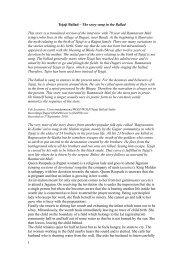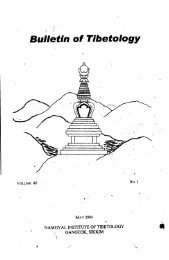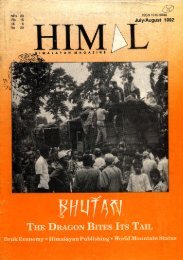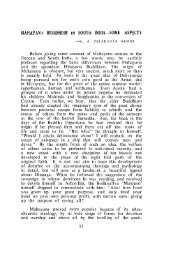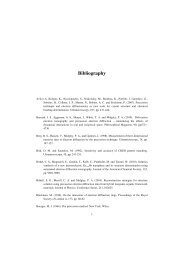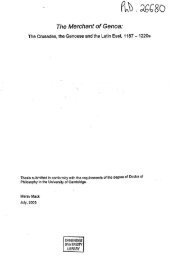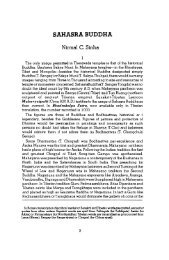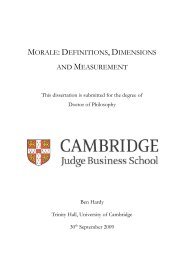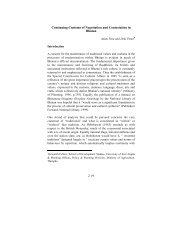Citing the spoken word: Adventures in language documentation
Citing the spoken word: Adventures in language documentation
Citing the spoken word: Adventures in language documentation
You also want an ePaper? Increase the reach of your titles
YUMPU automatically turns print PDFs into web optimized ePapers that Google loves.
“I'm not particularly <strong>in</strong>terested <strong>in</strong> 'smoo<strong>the</strong>d-over' versions of native culture.<br />
I like <strong>the</strong> stuff <strong>in</strong> <strong>the</strong> raw, as felt and dictated by <strong>the</strong> natives. [...] The<br />
genu<strong>in</strong>e, difficult, confus<strong>in</strong>g, primary sources. These must be presented,<br />
whatever else is done. […] There are too many glib monographs, most<br />
of which time will show to be highly subjective performances. We need<br />
to develop <strong>in</strong> cultural anthropology that anxious respect for documentary<br />
evidence that is so familiar to <strong>the</strong> historian, <strong>the</strong> classical scholar, <strong>the</strong><br />
Orientalist. […] where is <strong>the</strong> raw evidence? I can't tell whe<strong>the</strong>r a given<br />
statement is common native knowledge or is merely your <strong>in</strong>terpretation<br />
of one man's say-so.”<br />
Letter written by Edward Sapir to Fay Cooper-Cole, 25 April 1938, quoted <strong>in</strong> Regna Darnell.<br />
1990. Edward Sapir: L<strong>in</strong>guist, Anthropologist, Humanist. Berkeley: University of California<br />
Press.



